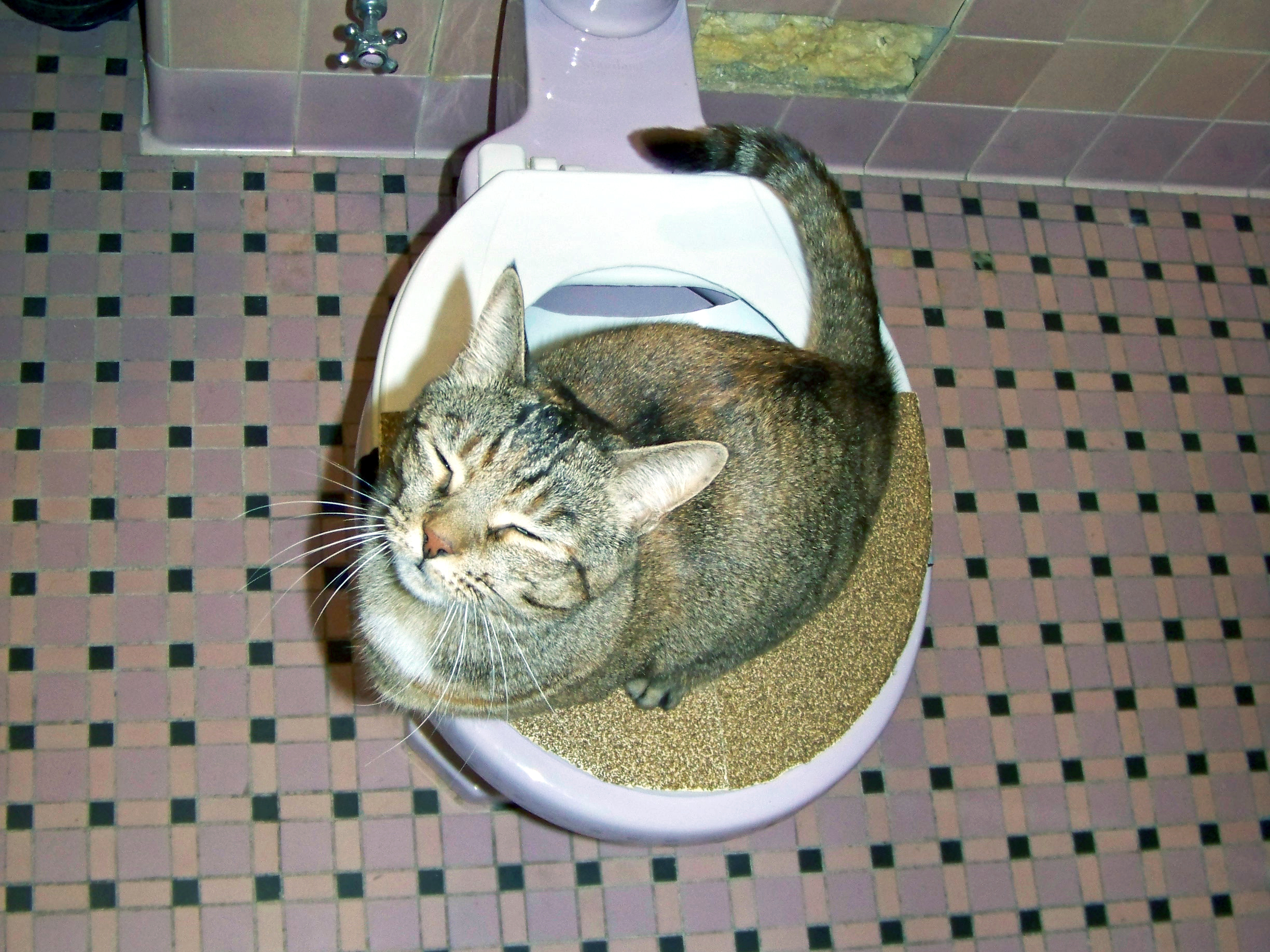Prevent Clogs and Damage: Never Flush Cat Poop Down Your Toilet - Professional Recommendations
Prevent Clogs and Damage: Never Flush Cat Poop Down Your Toilet - Professional Recommendations
Blog Article
On this page below you'll find additional incredibly good insight involving How to Dispose of Cat Poop and Litter Without Plastic Bags.
Introduction
As feline owners, it's essential to bear in mind how we dispose of our feline friends' waste. While it might appear convenient to flush cat poop down the bathroom, this practice can have detrimental repercussions for both the setting and human wellness.
Alternatives to Flushing
Thankfully, there are safer and a lot more accountable means to get rid of pet cat poop. Think about the following options:
1. Scoop and Dispose in Trash
One of the most common technique of dealing with cat poop is to scoop it into a naturally degradable bag and toss it in the garbage. Make certain to use a dedicated litter inside story and deal with the waste quickly.
2. Use Biodegradable Litter
Choose eco-friendly pet cat clutter made from products such as corn or wheat. These trashes are eco-friendly and can be securely taken care of in the garbage.
3. Bury in the Yard
If you have a lawn, consider burying pet cat waste in a marked area away from veggie yards and water sources. Be sure to dig deep enough to stop contamination of groundwater.
4. Mount a Pet Waste Disposal System
Purchase an animal waste disposal system especially created for pet cat waste. These systems use enzymes to break down the waste, minimizing odor and ecological effect.
Health Risks
In addition to ecological worries, purging cat waste can additionally position wellness dangers to human beings. Feline feces might consist of Toxoplasma gondii, a parasite that can trigger toxoplasmosis-- a possibly severe ailment, especially for expectant women and people with damaged immune systems.
Ecological Impact
Purging pet cat poop introduces dangerous pathogens and parasites right into the water, posturing a considerable risk to water ecological communities. These contaminants can negatively affect aquatic life and concession water high quality.
Verdict
Liable pet ownership prolongs beyond supplying food and sanctuary-- it additionally entails correct waste monitoring. By avoiding purging feline poop down the toilet and selecting alternative disposal methods, we can reduce our environmental footprint and protect human health and wellness.
Why You Should Never Flush Cat Poop Down the Toilet
A rose by any other name might smell as sweet, but not all poop is created equal. Toilets, and our sewage systems, are designed for human excrement, not animal waste. It might seem like it couldn’t hurt to toss cat feces into the loo, but it’s not a good idea to flush cat poop in the toilet.
First and foremost, assuming your cat uses a litter box, any waste is going to have litter on it. And even the smallest amount of litter can wreak havoc on plumbing.
Over time, small amounts build up, filling up your septic system. Most litter sold today is clumping; it is made from a type of clay that hardens when it gets wet. Ever tried to scrape old clumps from the bottom of a litter box? You know just how cement-hard it can get!
Now imagine just a small clump of that stuck in your pipes. A simple de-clogger like Drano isn’t going to cut it. And that means it’s going to cost you big time to fix it.
Parasitic Contamination
Believe it or not, your healthy kitty may be harboring a nasty parasite. Only cats excrete Toxoplasma in their feces. Yet it rarely causes serious health issues in the cats that are infected. Most people will be fine too if infected. Only pregnant women and people with compromised immune systems are at risk. (If you’ve ever heard how women who are expecting are excused from litter cleaning duty, Toxoplasma is why.)
But other animals may have a problem if infected with the parasite. And human water treatment systems aren’t designed to handle it. As a result, the systems don’t remove the parasite before discharging wastewater into local waterways. Fish, shellfish, and other marine life — otters in particular — are susceptible to toxoplasma. If exposed, most will end up with brain damage and many will die.
Depending on the species of fish, they may end up on someone’s fish hook and, ultimately on someone’s dinner plate. If that someone has a chronic illness, they’re at risk.
Skip the Toilet Training
We know there are folks out there who like to toilet train their cats. And we give them props, it takes a lot of work. But thanks to the toxoplasma, it’s not a good idea.

Do you like reading up on How to Dispose of Cat Poop and Litter Without Plastic Bags? Make feedback down below. We'd be interested to hear your thinking about this write-up. We hope that you come back again later on. Sharing is caring. You just don't know, you may just be doing someone a favor. Thanks for your time. Come back soon.
Book Your Installation Report this page